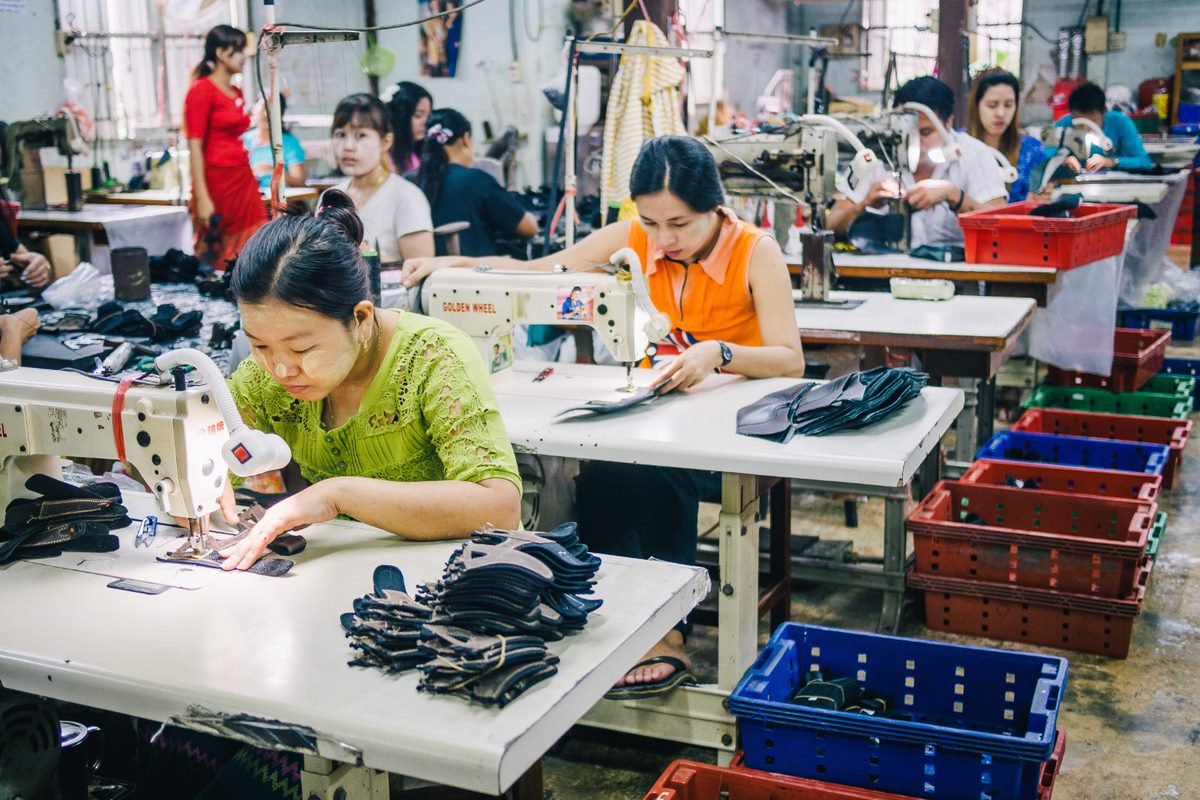Our Ask
From the clothes we wear, to the food we eat and the vital equipment used by NHS staff in the battle against Covid-19, human rights abuses and environmental destruction take place throughout the global supply chains we rely on in order to provide the goods and services used by people every day. There is a real, ongoing and profound human and environmental cost to these abuses, and we need new laws to help stop them.
In acknowledgement of the abuses that taint our supply chains and value chains, in 2011, the United Nations unanimously adopted the ‘UN Guiding Principles for Business and Human Rights’. It introduced the concept of ‘human rights due diligence’: that businesses should identify, mitigate, prevent and account for human rights abuses in their supply chains. It called on states to introduce new laws that oblige businesses to take action. In recent years, the concept has expanded to include environmental and climate concerns.
Countries in Europe are now introducing new laws aligned to this call, covering both human rights and the environment. UK businesses and the UK public sector are a huge part of this problem, and both need to end their links to these abuses – but a clear lack of new UK laws means that the UK is now falling behind.
A new law would…
-
The Modern Slavery Act, while a big step forward at the time, does not address human rights abuses and environmental destruction in value chains, aside from requesting reporting on forced labour. It falls behind current international developments and research shows that it has failed to introduce a shift in corporate culture.
The UK’s world-leading ‘failure to prevent’ model in the 2010 Bribery Act has shifted corporate behaviour on bribery. In 2017, Parliament’s Joint Committee on Human Rights recommended using this model for a new UK law on human rights and the environment.
It is time for the UK to demonstrate leadership on these issues with a new law based on a unique UK legal approach which has been shown to work.
-
Human rights abuses and environmental destruction continue to happen in corporate value chains within the UK and abroad. Examples include the exploitation of workers in Leicester, forced labour in the Xinjiang Uyghur Autonomous Region, in China, or the destruction and pollution of the Niger Delta, in Nigeria. These and other cases could be prevented with a new law.
-
Countries in Europe, including France, Germany, Norway and the EU bloc itself, are already adopting laws going far beyond the Modern Slavery Act.
Failure to act by the UK means that certain businesses that want to sell in these markets will have to prove they are following new, overseas laws – or face potential sanctions for failing to do so.
In 2022, G7 Leaders made a commitment to “coherent implementation of and compliance with international standards relating to human rights, environment, and labour across global supply chains”.
-
Responsible businesses take it upon themselves to follow the UN Guiding Principles – but these are only a minority, and they risk losing out to less scrupulous competitors who ignore these voluntary commitments.
UK businesses which operate in countries with new laws will have to follow them – without a UK law, businesses operating only in the UK won’t, creating a two-tier system.
UK businesses currently face a patchwork of inadequate legislation to address these issues, leaving a lack of clarity and certainty, as well as multiple demands to meet. That’s why more than 82% of businesses surveyed believe that a new law could provide clarity.
-
Investors have a responsibility to respect human rights and the environment. A new UK law will support them in doing so, meaning they can avoid investing in companies they know to be a risk to human rights and the environment.
Conducting human rights and environmental due diligence leads to more robust corporate risk management and can lead to better risk-adjusted returns for investors – contributing to economic growth.



